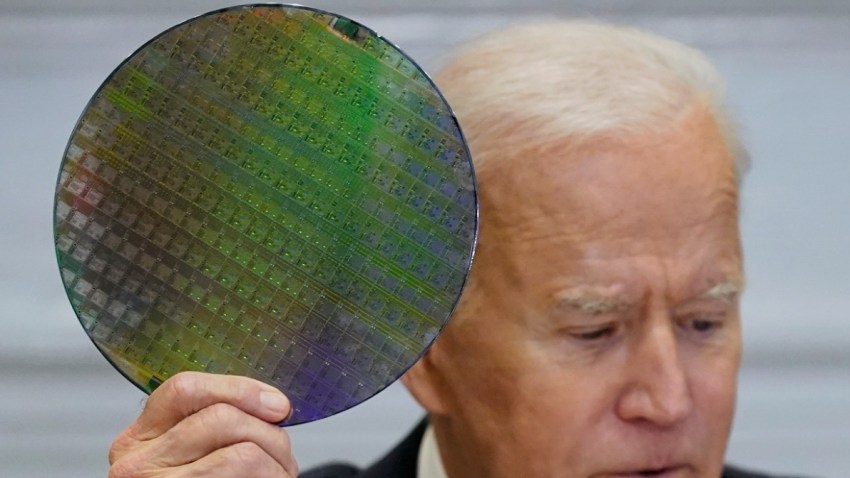Ever since the unveiling of OpenAI’s ChatGPT, the artificial intelligence program that responds to questions as if it were human, the field of AI has taken center stage in the competition over cutting-edge technology. The most visible area where that battle is being waged is in the business sector. The tech giant Microsoft, which recently announced it was extending its partnership with OpenAI with a $10 billion investment, quickly integrated an even more powerful OpenAI tool into its Bing search engine, in a startling move meant to challenge the dominant internet search behemoth Google.*
But commerce is only one area where AI has taken center stage. Despite AI’s seemingly sudden emergence and prominence on the economic front, the technology has been the object of urgent attention for many years. And its impact on geopolitical contests, particularly in the political and military spheres, has the potential to be just as significant as its impact on business pursuits.
In fact, the great power competition over AI is well underway. While it is focused on military and strategic matters, the growing importance of AI is converging with both the sharpening of tensions between the United States and China, and the global trend against globalization, to create a new and perhaps less stable geopolitical landscape.

